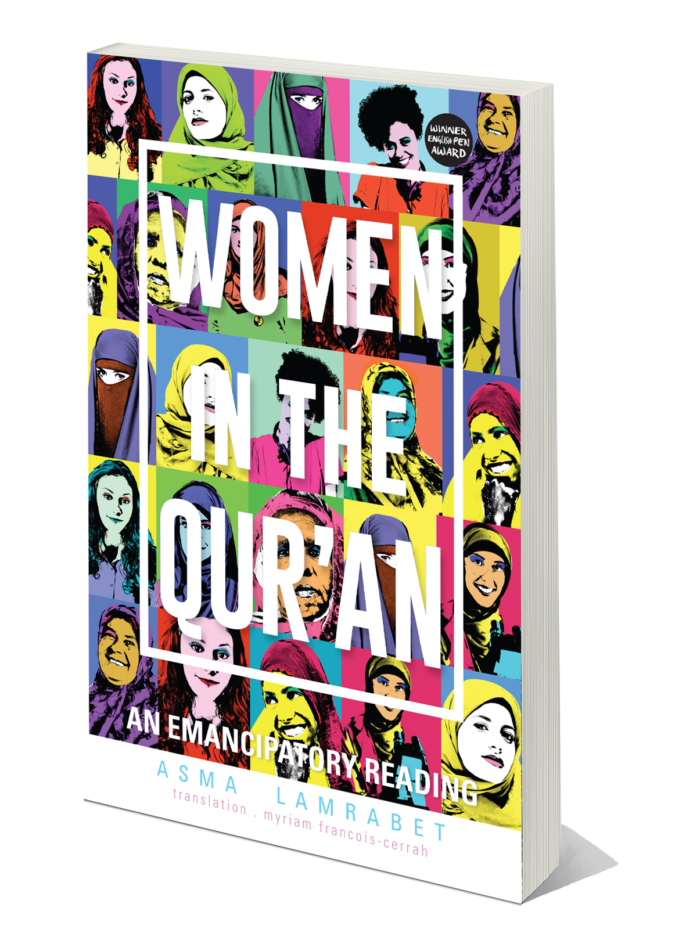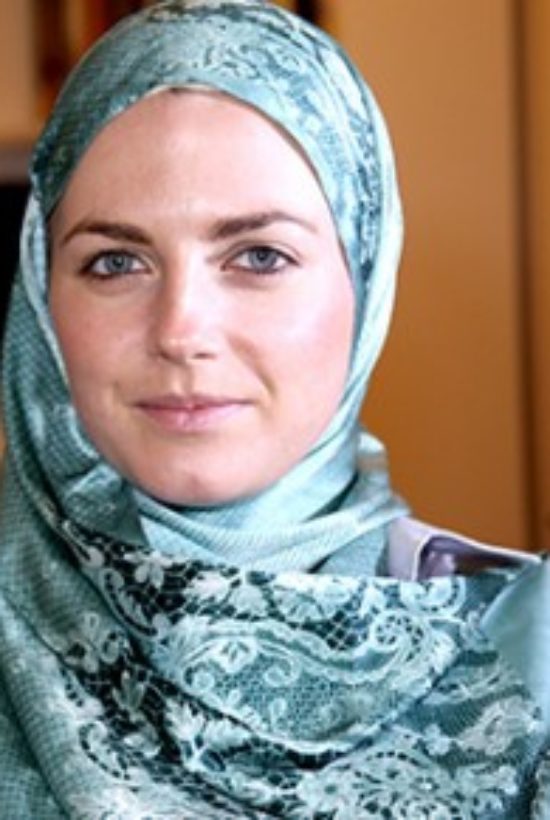
Today, the issue of Muslim women is held hostage between two extreme perceptions: that of a rigid and conservative Islamic approach and that of a Western ethnocentric and Islamophobic approach. These two perceptions lead to an impasse in which it is virtually impossible, given how embedded ideas are fixed to respective certainties, to conceive of a fair and objective debate aimed at clarifying the two perspectives. Nevertheless, recent developments mean that at the heart of this intellectual effervescence, Muslim women are seeking to reclaim their right to speak in order to re-appropriate their own destinies. Indeed, today many female Muslim intellectuals living in Muslim societies and in the West, are questioning a number of negative preconceptions surrounding these issues. In particular, they contest the classical analysis which stipulates inequality between men and women and the attendant discriminatory measures, as being an inherent part of the sacred text by asserting that it is in fact certain biased readings, endorsed by patriarchal customs, which have legitimated these erroneous inequalities.

